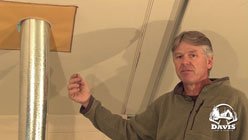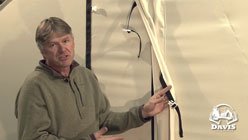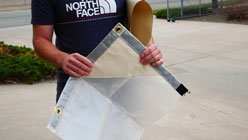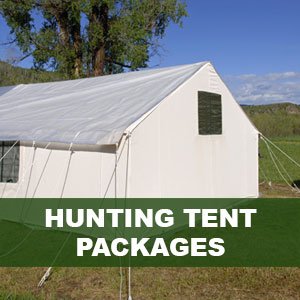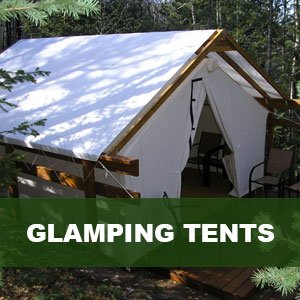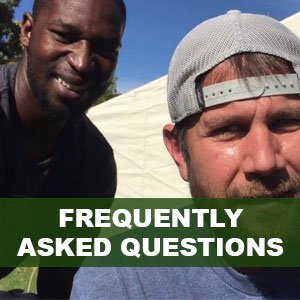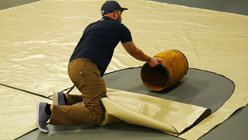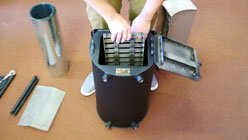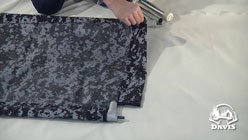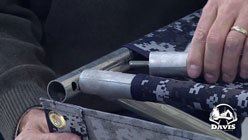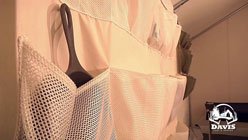If you’re headed out soon for that next camping trip with family or friends, you may be in the market for a new tent. While most people simply go to the store and buy whatever tent looks good, I see you’re the kind of camper who looks for quality. Why else would you be here?
There are many tell-tale signs of a quality tent, and so here are a few suggested things to look out for.
Easy Setup and Take Down
If you’re a frequent camper, you’ve probably been in a situation at some point when you wish you had it easier when it comes to tent transitions. Maybe you got caught in the rain, or the dark, but it’s always better when a tent is easier to put up and take down.
Some of the best tents for this are the kind that simply fold out, while inserting the poles through the sleeves always take longer. This may mean its slightly bulkier in storage and transport, but you might find it worth it. Most tent companies post an estimated time to setup on the outside of the tent bag.
Ventilation
Wherever you plan to use your tent, ventilation is always important, but certainly in some places more than others. Particularly if you’re facing high temperatures, you’ll really want to have plenty of airflow.
For this, windows that zip shut and also a rain fly that has some distance above the top opening of the tent are both important things to look for.
Durable Zippers
Speaking of zippers, those on the windows, door, and anywhere else on the tent are one of the most likely things to break or malfunction, which is why you want to choose a tent with quality zippers.
The keyword you want to look for here is “durable zippers,” and even when you see this, you’ll want to take a close look at them, and zip and unzip them before purchase, to make sure they don’t snag or seem faulty.
Good Flooring
The bottom of your tent may not be the first thing on your mind, but especially if you’re camping with family, it actually is quite important. If it should rain while you’re out camping, and there’s a hole in the floor, then you could find yourself dealing with dirty water and mud seeping up into your tent space.
In this case, it’s also generally a good idea to get a tent footing to go under the tent, and protect the floor from punctures and abrasions.
Weight and Portability
Of course this will vary depending on your needs. If you’re backpacking, then having a light and compact tent will be of utmost importance, while if you’re driving to your campsite in a large vehicle, you might want to go for luxury. In either case, just pay close attention to the size and weight of the tent in it’s bag, and be realistic about what it will be like to carry, store, etc.
Capacity
Of course, you should pay attention to how many people can be housed in the tent, and to its overall size. Even if you’re not camping with many people, you may want plenty of space to use a blow-up couch for lounging away from the bugs, for instance.
Materials
Again, this will depend to some extent on your needs. There are advantages and disadvantages to both heavy and light tent materials, and for each category there are still various materials to choose from.
The most common tent materials are cotton, nylon, and canvas. While nylon is light, it breaks down more quickly; while cotton is long-lasting, it’s heavy and absorbs water; of course, we here at Davis Tent are partial to canvas, which is a great all-around, long-lasting material.


